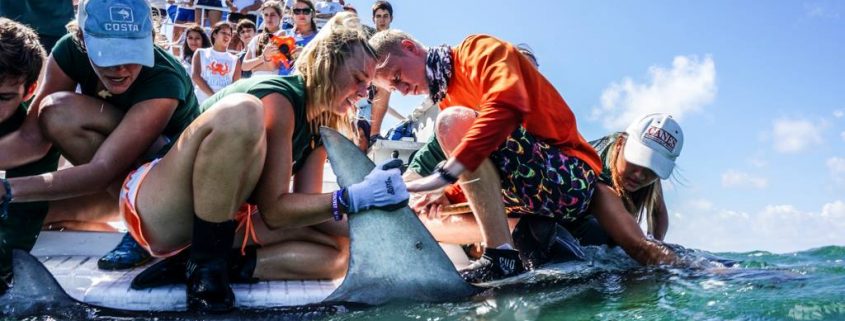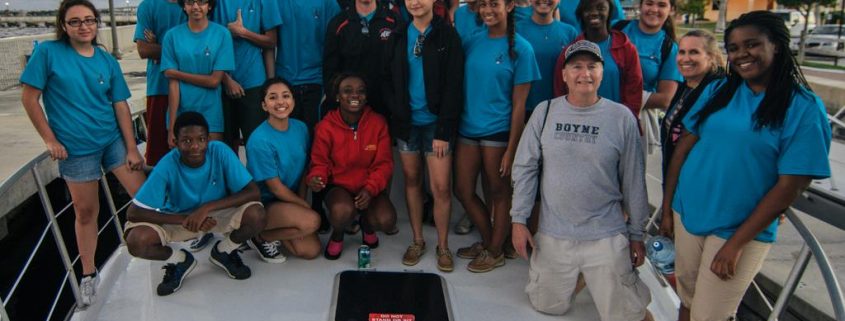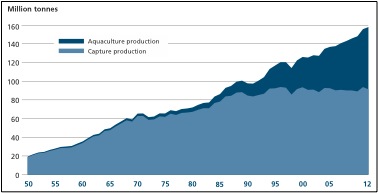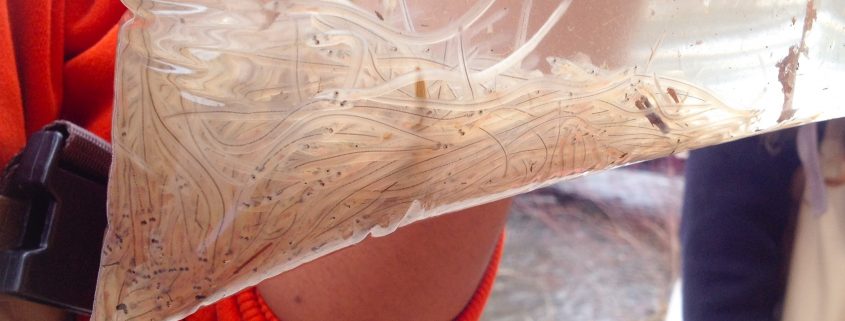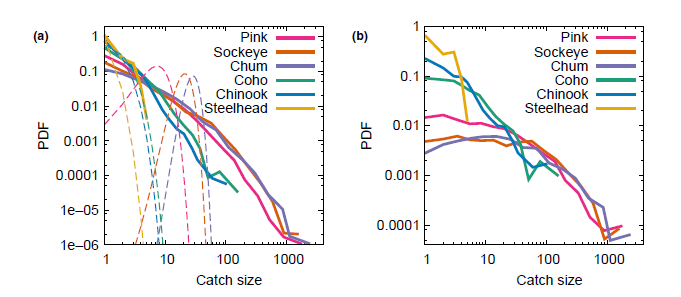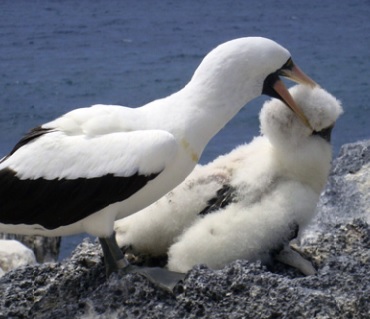Shark Tagging with St. Thomas Aquinas
By Emily Rose Nelson, RJD Intern After collecting gear from RSMAS I met up with the rest of the team at the dock of divers paradise. We had a great crew on board and everyone was excited to get out there. Our guests for the day, the marine biology club from St. Thomas Aquinas High […]
Shark Tagging with South Broward
By Daniela Escontrela, RJD Intern It was another day of shark tagging and I was excited as it had been a while since I had been on the boat. Not only that but this was going to be my first trip out of West Palm Beach on Jim Abernathy’s boat. This was an unusual trip […]
Global population growth, wild fish stocks, and the future of aquaculture
By: Hannah Calich, RJD Graduate Student For many years we lived in a world where the state of our fish stocks was not a primary concern. However, our population has become so large, and our technology so advanced, that we are utilizing resources at a rate that was once inconceivable. We have significantly impacted many […]
Early Life History Predator-Prey Interactions and Habitat Use of the American Eel and American Conger
By Alison Enchelmaier, RJD Graduate Student Declines in the American eel, Anguilla rostrata, have raised interest in studying the species’ early life history. Potential causes could include overfishing, increased predation, and habitat loss; but determining the cause is difficult due to the American eel’s complex life history. One potential factor, predation, is important to consider […]
Evidence for collective navigation in salmon for homeward migration
By Hanover Matz, RJD Intern The long migrations undertaken by Atlantic and Pacific salmon to reach their spawning grounds are known by many. Salmon are anadromous; they spend their adult lives foraging at sea, and then return to the freshwater rivers of their births to spawn and reproduce. How this remarkable feat is accomplished by […]
Maltreatment as hatchlings predisposes Nazca boobies to more frequent violent episodes as adults
By Daniela Escontrela, RJD Intern The Galapagos Islands are home to four species of native and endemic boobies: the blue footed boobies, the masked boobies, the Nazca boobies and the red footed boobies. The name for the boobies comes from the name “bobo” which is a Spanish term for fool or clown. They are all […]

